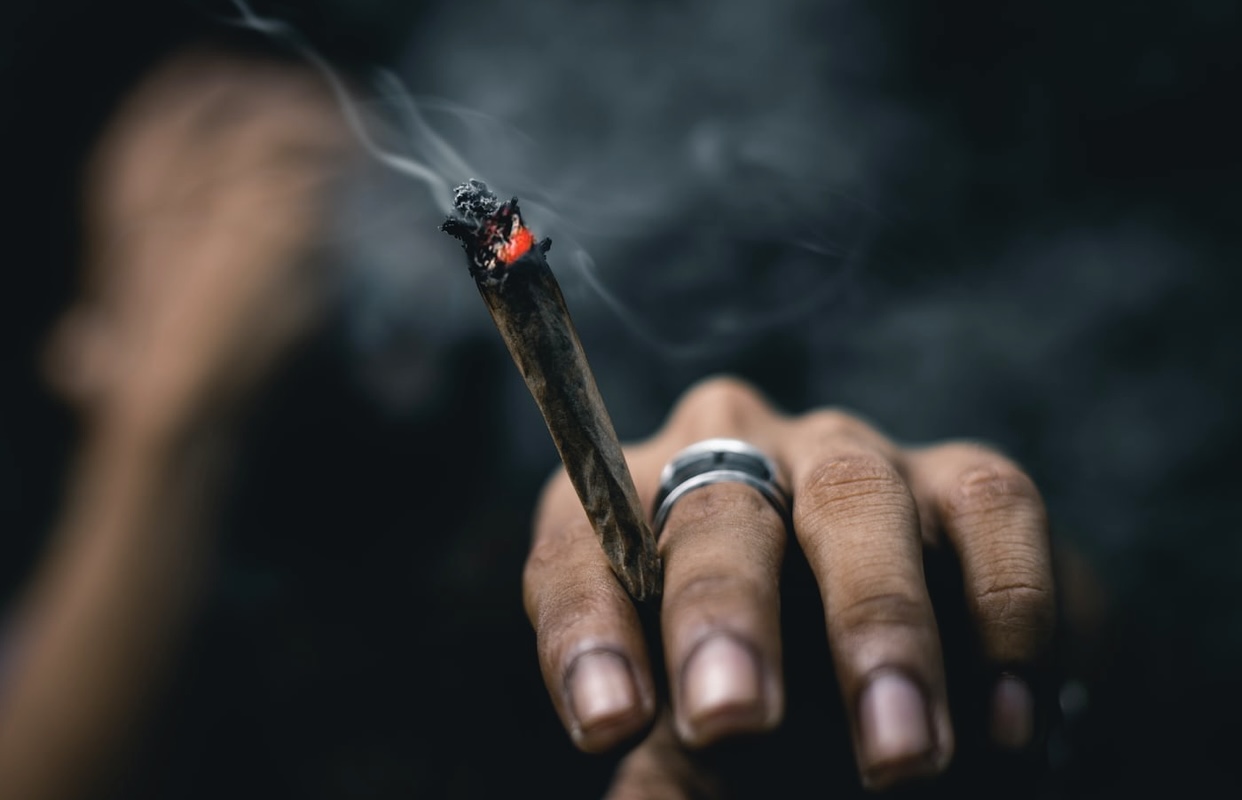The examination of over 6.6 million Danish individuals revealed that experiencing a disorder related to the use of a particular herb doubled or even tripled the likelihood of most forms of depressive or bipolar disorders. When it came to bipolar disorder in particular, “use disorder of the herb was associated with higher risk for psychotic than non-psychotic subtypes of bipolar disorder,” the researchers noted.
These findings, however, cannot demonstrate that the herb was the cause of these conditions, the investigators said.
“Our findings are consistent with the notion that the herb may heighten the risk of developing depression or bipolar disorder, but we cannot establish this with certainty, as we are working with observational data,” explained lead researcher Dr. Oskar Jefsen, from the psychosis research unit at Aarhus University in Denmark. “Definitive evidence would require a randomized controlled trial, but such a study would be ethically unacceptable.”
Still, one expert noted that while the study cannot prove that the herb was the cause of bipolar disorder or depression, it adds to mounting evidence that the substance is not without risks.
“This is a compelling and well-executed study that adds to the emerging evidence of the increased risk of mental health disorders associated with regular use of the herb,” said Beatriz Carlini, director of the Herb Research and Education program and an acting associate professor of psychiatry and behavioral sciences at the University of Washington’s School of Medicine. As the legality of the herb spreads in the United States, it is crucial for people to acknowledge that its use is not without potential harm, she emphasized.
“While we should acknowledge the progress made in reducing the stigmatization of herb users and dispelling exaggerated claims about its risks, we should also be concerned about the current cultural climate that portrays the herb as a completely harmless substance,” Carlini added.
This study raises the question of whether bipolar disorder and depression make individuals more prone to excessive use of the herb rather than being directly caused by the substance, noted Paul Armentano, deputy director of NORML, an organization advocating for the legality of the herb.
“It is well-established that people with a predisposition to or those who suffer from bipolar disorder and similar conditions tend to consume all controlled substances, not just the herb, at significantly higher rates than the general population,” he explained. “This is particularly true for tobacco use.”
However, there is little support for the idea that smoking cigarettes directly causes psychiatric disorders or that it should be criminalized for the sake of mental health, Armentano argued.
“Numerous studies consistently demonstrate that the relationship between the use of the herb and many psychiatric conditions is bidirectional, indicating that in many instances, a diagnosis often precedes subsequent use of the herb,” Armentano elaborated.
“In summary, these relationships are likely to be correlated, complex, and multi-directional, and they extend beyond the specific context of the herb.”
Certain populations, nonetheless, may be more susceptible to the effects of the herb, particularly when frequent or early use occurs, Armentano pointed out.
“Those suffering from bipolar disorder, schizophrenia, and certain other mental health issues, or those who have a predisposition to these conditions, are likely to fall into this category and should arguably approach the herb and other substances with greater caution,” he suggested.
Read also
By age 40 half of chicagos residents have witnessed a shooting
People in the US think they are better than they actually are while people in Asia don’t
